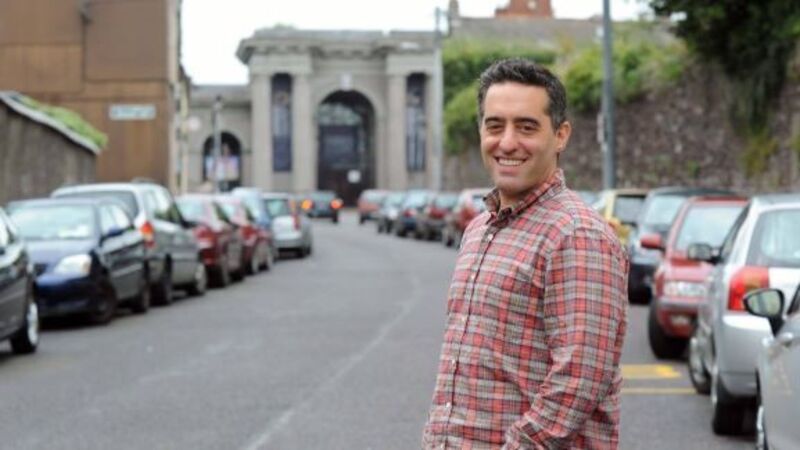Writing as an article of faith

NATHAN Englander, winner of the 2012 Frank O’Connor International Short Story Award, says literature was his saviour while growing up in a “suffocating” religious atmosphere.
The 42-year-old American writer, brought up as an Orthodox Jew, describes himself now as a cultural Jew. His winning short story collection, What We Talk About When We Talk About Anne Frank, is steeped in Judaic references, with the title story referring to a chilling parlour game where two couples, one Hasidic, one secular Jewish, have to state whether they would protect one of their party if threatened with capture. Underlying this story is the spectre of a second ‘holocaust’, with one of the characters using this term in relation to intermarriage and the disappearance of tradition. There is much irony and humour here but also darkness, palpable tension and questions about faith.











